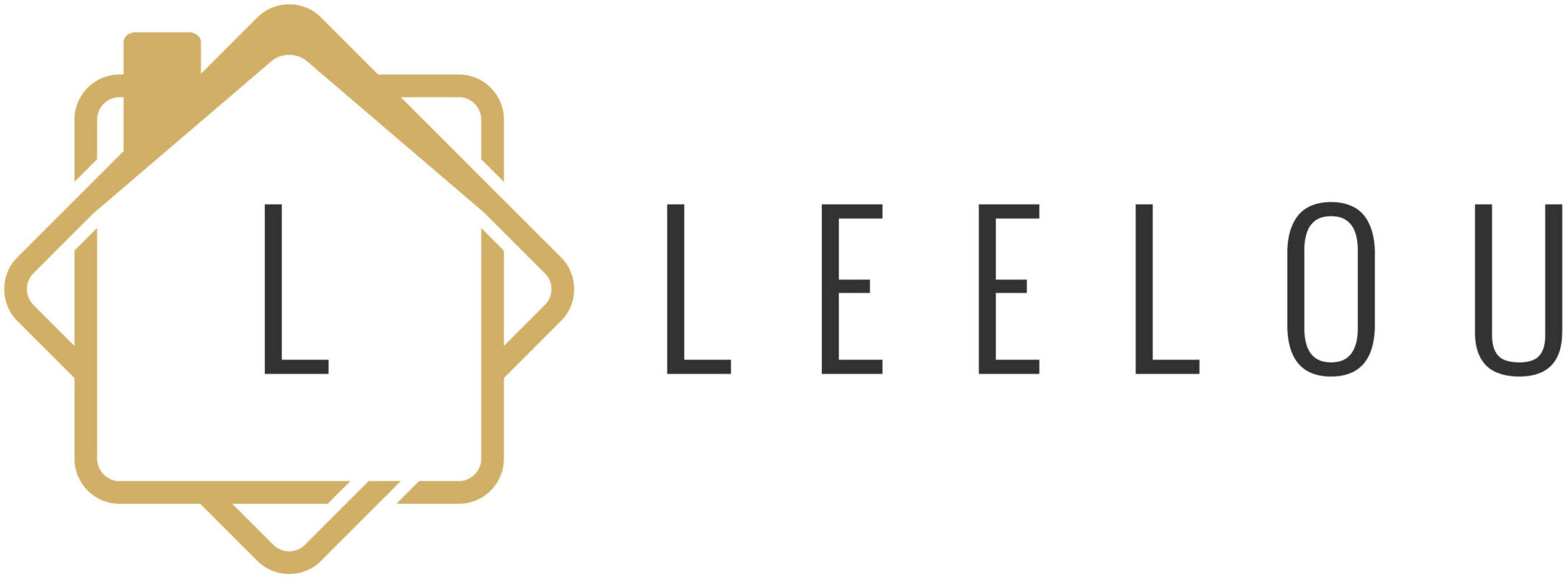
Your home is a valuable asset, one that carries with it various opportunities for you to borrow against it throughout your lifetime. With each mortgage payment you make, you’re paying down your debt but also building equity. Equity is the value of the home you own beyond what you owe on your home loan. Consider a few of the ways you can get cash out of your home.
Cash-Out Refinancing
Cash-out refinancing is the most direct way to use your home for cash outside of selling it outright. You will obtain a new mortgage that pays off your existing loan in this method. Aside from fees, including closing costs, the remaining value is yours to use—typically as a cash payment to you. You cannot cash out all of the equity in your home since lenders typically require loans to be no more than 80% of your home’s value. This allows for at least 20% equity in your home to remain (each lender’s limits differ).
Cash-out refinancing offers a few key benefits:
- It may allow you to tap into a lower interest rate than you’re paying now.
- You can use the cash for anything you need, including paying down higher interest rate debts.
- The cost of borrowing is often less than the cost of using a personal loan or credit card for bigger purposes.
Home Equity Loans
A home equity loan isn’t a brand new mortgage to replace the old, but a second mortgage on the equity in your home. Typically, you can borrow up to 80% of your home’s equity through these loans. They have separate payments from your existing mortgage. You can choose between fixed-rate and adjustable-rate home equity loans and use the proceeds from them for any needs. Sometimes, an existing mortgage lender will offer these loans, but you can also use a second lender for a home equity loan.
Some of the benefits of home equity loans include:
- Interest rates tend to be lower than what you may be paying on personal loans or credit cards.
- It may be quick and easy to get a home equity loan if you have equity and a qualifying credit score.
- Because these are secured loans, they tend to have few restrictions for borrowers in terms of credit qualifications, but each lender sets their own requirements in this area.
Home Equity Lines of Credit (HELOC)
A HELOC is much like a home equity loan in that it is directly related to the equity in your home and does not pay off your existing home mortgage. You’ll have both. The difference is that this is a line of credit, allowing it to operate much like a credit card. You will be given a set limit to use. You can use as much or as little of that as you like over time. You pay off what you borrow and then can re-borrow up to your credit limit. Typically, these loans remain in place for a set period of time, such as 10 years.
The benefits of a home equity line of credit include:
- A HELOC is likely to have an interest rate that’s lower than credit cards and personal loans.
- The ability to borrow as you need it creates an opportunity to continuously tap into funds when necessary, creating a solid emergency fund and providing flexibility for big projects over and over again as you pay off the loan.
- In some situations, you may be able to secure interest-only payments during the draw period (the length of the HELOC is in place). That could keep the monthly payment lower.
Sale-Leaseback Agreements
A sale-leaseback agreement is set up a bit differently from a traditional mortgage. In these situations, the provider will outright purchase the property based on its current appraised value of it. Then, they set up a lease with you, and you remain in the home as a renter. Though not as heavily used as other types of methods to get cash out of a home, they are quite beneficial overall.
The benefits of sale-leaseback agreements include:
- You do not carry debt. That can be good for your credit score.
- A sale-leaseback allows you to access your home’s full market value minus the commission paid out.
Home Equity Investments
Another newer form of real estate investment is a home equity investment or HEI. It is more of a relationship between you and the lender. You get funds upfront from the lender to use for any needs you have. The lender gains a portion of the home’s future appreciated value. You can control when the arrangement ends with periods of 30 years or less commonly available. This taps into your equity, and you will continue to pay on your first mortgage.
Some of the benefits of an HEI include:
- You do not have to have perfect credit to qualify for these loans.
- There are no monthly payments to worry about.
- You can often tap into these funds without income requirements.
Which Option Is the Best For Your Situation?
If you’re interested in taking a closer look at how home equity can work for your needs, reach out to us now. There are plenty of options available, and the expertise to help you decide from a specialized lender is also accessible to you.










